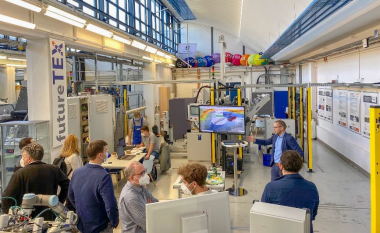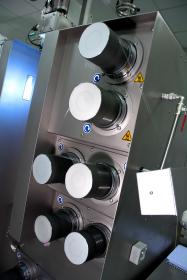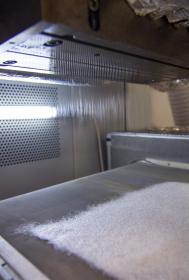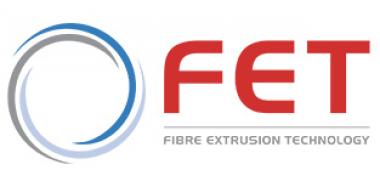Projekt futureTEX präsentiert Highlights aus sieben Jahren Textilforschung
Als interdisziplinäres Kompetenznetzwerk aus Industrie- und Forschungspartnern ist futureTEX 2014 gestartet, um den Wandel der traditionsreichen Textilbranche im Zeitalter der Digitalisierung zu einem zukunftsfähigen Industrieplayer – mit Technischen Textilien (TechTex) als Fundament – zu gestalten. In dieser Zeit ist das Konsortium auf mehr als 300 involvierte mittelständische Unternehmen, wissenschaftliche Einrichtungen und textile Branchenverbände angewachsen, die sich in insgesamt 34 Vorhaben der textilen Zukunft verschrieben haben. Das erklärte Ziel der Akteure bestand darin, die Position Deutschlands als Weltmarktführer im Textilmaschinenbau zu stärken sowie den Weg zu einer globalen Spitzenposition bei den Technischen Textilien bis 2025 zu ebnen.
Nun befindet sich das Projekt auf der Zielgeraden: Über 20 der insgesamt 34 Vorhaben wurden bereits erfolgreich abgeschlossen – Die noch in Arbeit befindlichen werden in den kommenden Monaten folgen.
Um die erreichten Ziele der vergangenen Projektjahre Revue passieren zu lassen sowie einen Ausblick zu geben, wie es nach Projektende weitergeht, hatte der Konsortialführer – das Sächsische Textilforschungsinstitut e.V. (STFI) – zur hybriden Abschlussveranstaltung geladen. Rund 50 Teilnehmer folgten online und vor Ort dem abwechslungsreichen Rahmenprogramm.*
*Weitere Informationen finden Sie im Anhang.
STFI Sächsisches Textilforschungsinstitut futureTex Textilmaschinen Textilmaschinenbauer events
STFI / P3N MARKETING GMBH











